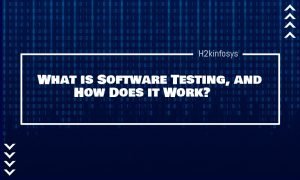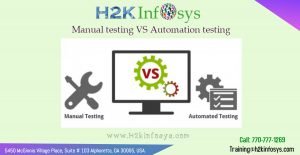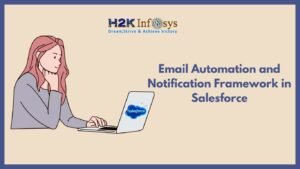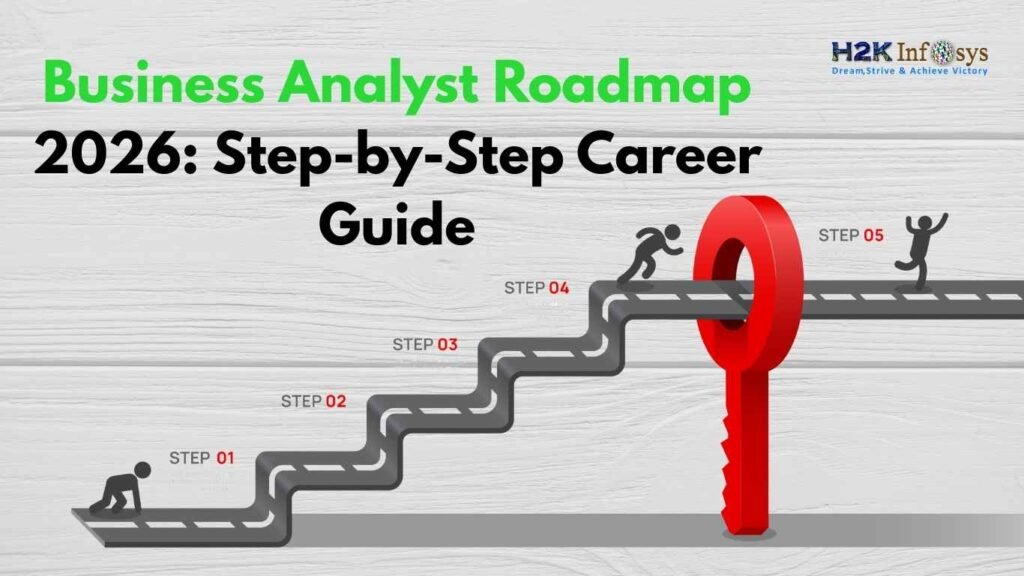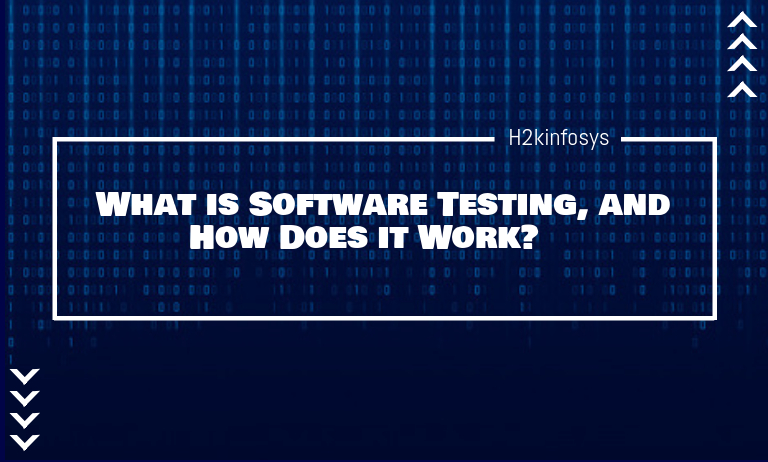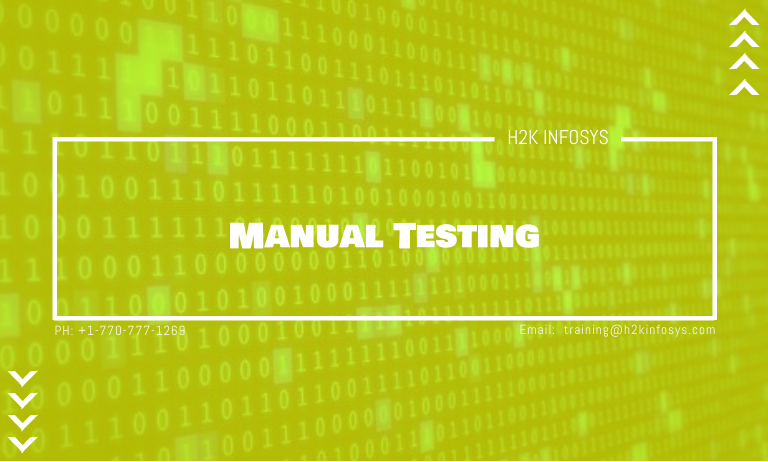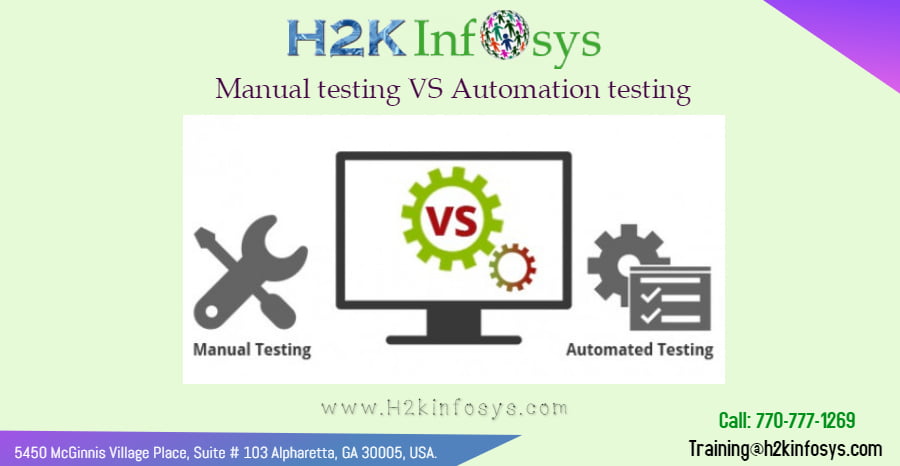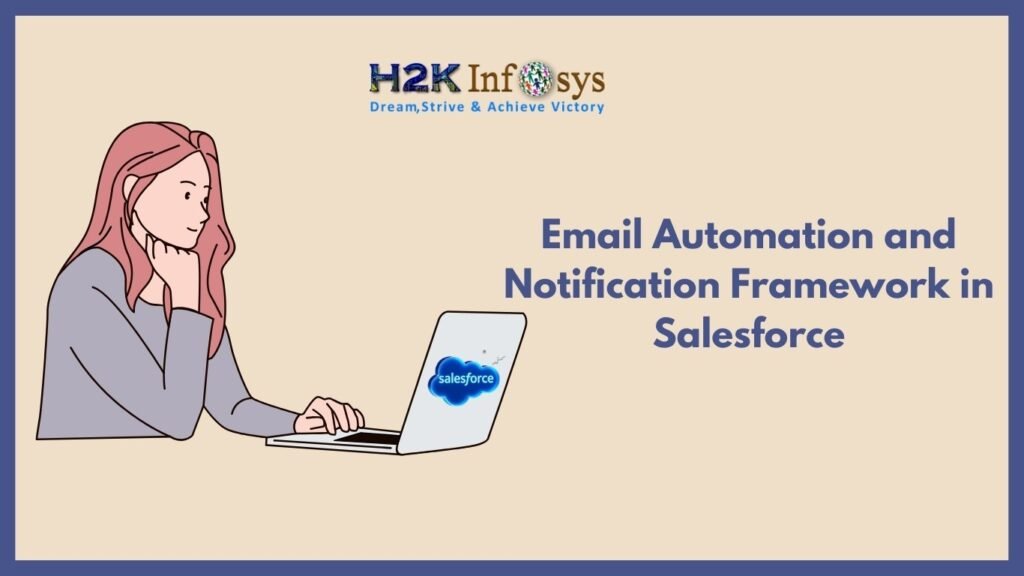Introduction
Are you looking to break into the world of automation testing? TOSCA, developed by Tricentis, is one of the most in-demand automation tools in the software testing industry. Whether you’re an aspiring test automation engineer or a professional seeking a structured learning path, understanding the TOSCA Syllabus is your first crucial step. This blog provides a complete overview of what the TOSCA Syllabus entails, detailing every major topic, the real-world relevance of each module, and how they shape your career as a TOSCA automation expert.
In this comprehensive guide, we will walk through every essential section of the TOSCA Syllabus, explain its objectives, and provide real-life examples to show how these skills are applied in today’s IT landscape. If you’re preparing for a TOSCA Certification Course or planning to enroll in a TOSCA Automation Course Online, this guide will serve as a roadmap.
What Is TOSCA?
Before diving into the TOSCA Syllabus, it’s important to understand what TOSCA actually is and why it holds such a significant place in the field of test automation. TOSCA, which stands for Topology and Orchestration Specification for Cloud Applications, is a powerful and widely adopted test automation tool developed by Tricentis. It is designed to simplify and accelerate the testing process across various platforms and environments.
At its core, TOSCA is a comprehensive testing suite that supports a wide range of testing types. It is especially useful for functional and regression testing, making it a go-to choice for enterprises aiming to improve software quality while reducing time-to-market. TOSCA is particularly known for its scriptless, model-based testing approach, which allows testers to create and manage automated test cases without needing to write complex code. This low-code functionality makes the tool highly accessible, even to those who do not come from a programming background.
The unique strength of TOSCA lies in its ability to cater to both technical and non-technical users. Testers can visually model test cases, manage test data, and analyze results all within a single unified interface. This not only streamlines test management but also fosters collaboration among QA teams, developers, and business analysts.
TOSCA supports a variety of testing needs, including but not limited to:
- Functional Testing: Ensuring that software behaves according to specified requirements.
- Regression Testing: Verifying that new code changes do not adversely affect existing functionalities.
- Load Testing: Assessing the performance and behavior of applications under heavy usage conditions.
- Risk-Based Testing: Prioritizing test cases based on the risk and impact of software failure.
- API Testing: Testing backend services and endpoints without relying on a user interface.
- Mobile Testing: Automating test cases for mobile applications across Android and iOS platforms.
In essence, TOSCA offers a robust, scalable, and intelligent platform that addresses the evolving demands of software testing in modern development environments.
Why Is the TOSCA Syllabus Important?
The TOSCA Syllabus lays the groundwork for mastering the tool. It guides learners through foundational concepts and gradually builds advanced testing strategies. Knowing the complete TOSCA Syllabus helps you understand what knowledge and skills you need to gain to excel in automated testing environments.
Employers often look for professionals who not only understand how to use TOSCA but also comprehend the broader context of its modules.
Breakdown of the TOSCA Syllabus
1. Introduction to TOSCA
The TOSCA Syllabus begins with a basic introduction to the tool and its components.
- Overview of Tricentis TOSCA
- Architecture of TOSCA
- Understanding TOSCA Commander
- Key features and benefits
Real-World Relevance: New team members in QA roles are typically onboarded using this basic module. It helps them understand the landscape of automation tools used in their organization.
2. Modules and Workspaces
This section covers how to manage modules and workspaces.
- Creating and managing Modules
- Module Attributes
- Business Components
- Using Workspace and Managing Projects
Real-World Relevance: Teams use modules to reuse components across different test cases, reducing maintenance and increasing productivity.
3. Test Case Design
One of the most critical parts of the TOSCA Syllabus is test case design.
- Model-Based Test Automation (MBTA)
- Test Case Creation
- TestStep Libraries
- Data-driven Testing
Real-World Relevance: Creating reusable and parameterized test cases is crucial for scaling automation efforts.
4. Execution Lists and Logs
Understanding how to run tests and read their results is essential.
- Test Execution and ExecutionLists
- Execution Logs
- Analysis and Reporting
- Creating Execution Reports
Real-World Relevance: These skills help QA engineers identify failure points quickly and report test statuses to stakeholders.
5. Standard Modules and Controls
This portion of the TOSCA Syllabus introduces predefined modules.
- TBox Standard Modules
- Engine-based Modules
- UI and Web Controls
- Synchronization and Waits
Real-World Relevance: Mastering standard modules helps testers avoid reinventing the wheel for common actions like clicking buttons or verifying fields.
6. Test Data Management
Efficient data handling is part of any good testing strategy.
- Test Data Service (TDS)
- Data Injection Methods
- Creating and Managing DataSets
- TOSCA TDM Integration
Real-World Relevance: Managing large datasets is vital in enterprise environments, especially for regression suites.
7. API Testing
API testing has become a central part of the TOSCA Syllabus due to the growth of microservices.
- Introduction to API Testing
- Creating and Validating API TestCases
- Using API Modules
- REST and SOAP Protocols
Real-World Relevance: Many applications today use RESTful APIs; testers must validate backend logic even before UI is ready.
8. Requirements and Risk-Based Testing
TOSCA supports risk-based testing for prioritizing efforts.
- Linking Requirements to TestCases
- Requirements Coverage
- Risk Classification
- Impact Analysis
Real-World Relevance: Helps in focusing testing efforts on high-risk areas, ensuring quality with fewer resources.
9. Custom Controls and Modules
Advanced topic in the TOSCA Syllabus for unique test scenarios.
- Creating Custom Controls
- Extending Standard Modules
- Embedded Automation Tools
- Using External Automation Tools
Real-World Relevance: Often used in projects where off-the-shelf controls are insufficient.
10. Version Control and Collaboration
Managing projects with teams requires collaboration tools.
- Versioning Test Artifacts
- Branching and Merging
- Conflict Resolution
- Team Collaboration Workflows
Real-World Relevance: Helps in handling enterprise-level projects with large teams and multiple releases.
11. TOSCA Licensing and Administration
An often overlooked but crucial part of the TOSCA Syllabus is licensing.
- Understanding TOSCA Training License Types
- Managing Licenses
- User Roles and Permissions
- Server and Client Setup
Real-World Relevance: IT teams need to ensure that TOSCA licenses are correctly configured and allocated to users.
12. Integration with CI/CD Tools
Modern DevOps pipelines need testing integration.
- Jenkins Integration
- Azure DevOps Pipelines
- GitHub Actions
- TOSCA CLI Tools
Real-World Relevance: Test automation is increasingly being tied to deployment pipelines. Skills in CI/CD integration are in high demand.
13. Mobile and Cross-Browser Testing
The TOSCA Syllabus includes mobile and browser compatibility testing.
- Mobile Test Automation Setup
- Android and iOS Configuration
- Cross-Browser Testing
- Cloud-Based Testing Tools
Real-World Relevance: Businesses need to ensure that apps work across devices and platforms.
14. Reporting and Analytics
TOSCA offers detailed reports for decision-making.
- Dashboard Configuration
- Custom Reports
- Test Coverage Analysis
- Report Scheduling
Real-World Relevance: Visual reporting is essential for management-level stakeholders.
Practical Applications of the TOSCA Syllabus
Mastering the TOSCA Syllabus doesn’t just help with passing exams it equips learners with practical, job-ready skills used daily in the testing industry. Here’s how each area of the syllabus translates directly into real-world applications:
- Automating critical business processes
- The TOSCA enables learners to streamline and automate repetitive, business-critical workflows.
- Automation ensures consistency, reduces manual errors, and saves time in enterprise testing environments.
- Testers become capable of creating scalable solutions that mirror real business use cases across departments.
- The TOSCA enables learners to streamline and automate repetitive, business-critical workflows.
- Performing API-level validations
- API testing modules in the TOSCA prepare learners to validate the behavior of web services and endpoints.
- These skills are essential for microservices-based architectures, where frontend development is decoupled from backend logic.
- Testers can perform early-stage testing, even before the UI is complete, improving feedback loops in agile teams.
- API testing modules in the TOSCA prepare learners to validate the behavior of web services and endpoints.
- Creating robust regression test suites
- The TOSCA provides techniques to develop comprehensive and reusable regression suites.
- Learners gain the ability to test modified code without retesting the entire application from scratch.
- This reduces risk and speeds up the delivery pipeline by identifying defects introduced by code changes.
- The TOSCA provides techniques to develop comprehensive and reusable regression suites.
- Integrating testing with CI/CD
- Integration with CI/CD tools is a key competency developed through the TOSCA Syllabus.
- Learners can link their automation scripts with tools like Jenkins or Azure DevOps to trigger tests during deployment cycles.
- This ensures that testing keeps pace with continuous development and delivery.
- Integration with CI/CD tools is a key competency developed through the TOSCA Syllabus.
- Managing and reusing test assets efficiently
- The TOSCA Syllabus emphasizes the importance of managing test artifacts in a scalable way.
- Testers are taught how to reuse components across test cases, reducing duplication and maintenance overhead.
- Proper asset management results in better collaboration, easier updates, and faster test creation in complex environments.
- The TOSCA Syllabus emphasizes the importance of managing test artifacts in a scalable way.
Whether you are pursuing a TOSCA Automation Course Online or studying independently, understanding the complete TOSCA Syllabus ensures you’re fully prepared for real-world testing environments. Each topic you master builds the foundation for a successful automation testing career.
Career Advantages of Mastering the TOSCA Syllabus
When professionals complete a TOSCA Certification Course and fully understand the TOSCA Syllabus, they gain competitive advantages:
- Better job opportunities in automation testing
- Eligibility for roles like Automation Test Engineer, QA Analyst, and Test Architect
- High-paying job roles in QA teams across industries
- Ability to contribute to Agile and DevOps teams
Final Thoughts
A thorough grasp of the TOSCA Syllabus ensures you are equipped to handle modern software testing challenges. From UI testing to API and CI/CD integration, this syllabus builds a holistic skill set. Every module prepares you not only for certification but also for complex project implementations in real-world scenarios.
Key Takeaways
- The TOSCA Syllabus is essential for understanding and mastering automation testing with TOSCA.
- It includes modules on API, mobile testing, CI/CD integration, and custom controls.
- Completing the syllabus helps learners gain practical, job-ready skills.
- Skills gained are highly relevant across industries and support professional growth.
Ready to master automation testing? Dive deep into the TOSCA Syllabus and take the first step toward becoming a certified automation expert.











